
Cyber insurance demand rises as global tensions fuel surge in digital threats
Cyber insurance has become the fastest-growing area of demand in the insurance sector, as conflicts and geopolitical tensions increasingly spill into cyberspace. Organizations are reportedly investing ever more heavily in protection against cyberattacks, while insurers are adapting coverage and response capabilities to address complex, politically driven digital risks, according to new findings from GlobalData.
A GlobalData poll conducted across its Verdict Media network, found that 27.4 percent of industry professionals expect cyber insurance to see the sharpest increase in demand. This placed it ahead of political risk insurance at 25 percent, supply chain insurance at 23.8 percent, and business interruption insurance at 13.1 percent. The data suggests that concerns about digital security now outweigh those linked to traditional operational and political exposures.

Cybersecurity in the utility space isn't just about keeping the lights on, it's about saving lives.
Russia’s invasion of Ukraine in February 2022 signaled many things to the Western world, but perhaps one of the biggest warnings was how precarious energy security really was as oil and gas prices skyrocketed following the start of the war.
As Europe entered winter and the demand for energy increased, it highlighted just how vicious the cycle can be as cyber attacks on critical infrastructure and operation technology increased.
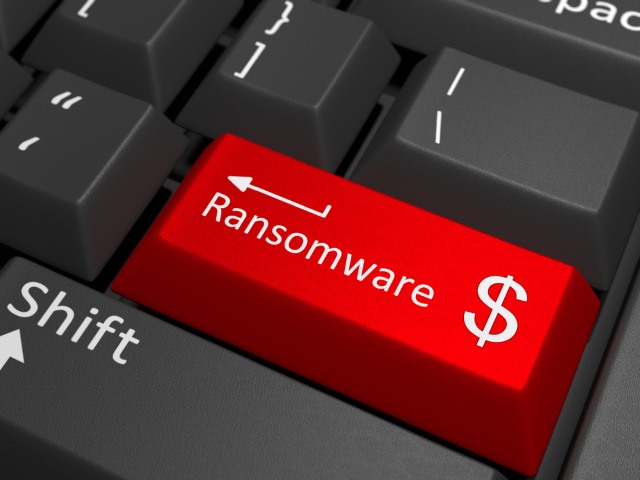
Politically motivated ransomware declines as attackers switch back to old targets
Ransomware operators have turned their attention away from politically motivated attacks focusing on Russia back to their usual targets such as the United States, China, and Israel.
The latest T2 2022 threat report from ESET also shows the total number of RDP attack attempts has declined by a further 89 percent. The likely reasons for the decline are post-COVID return to offices, improved security, and the Russia-Ukraine war.

Cybercriminals get better at bypassing defenses
Cybercriminals have become more adept at bypassing defenses with new DDoS attack vectors and successful methodologies, according to the latest DDoS Threat Intelligence Report from NETSCOUT.
The report is based on intelligence on attacks occurring in over 190 countries, 550 industries, and 50,000 autonomous system numbers (ASNs). It finds there were over six million DDoS attacks in first half of 2022, with TCP-based flood attacks (SYN, ACK, RST) still the most used attack vector, accounting for around 46 percent.

Are we heading for a cyber war?
We've already seen that cyberattacks have played a role in the war in Ukraine. But what about the prospect of more widespread cyber warfare. Could Ukraine be just a testing ground?
Education advice site Security Degree Hub has produced an infographic looking at the prospects of a cyber war and what it might look like.
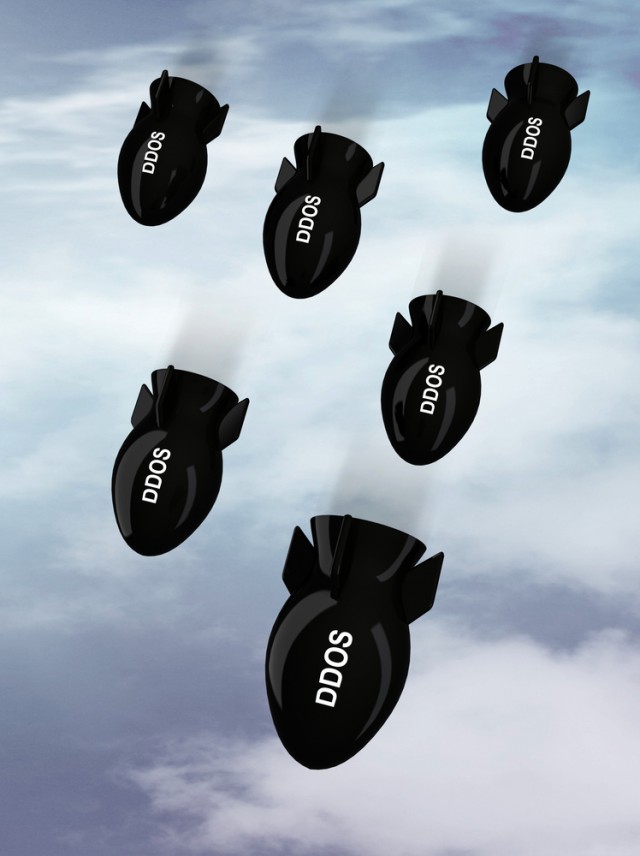
DDoS attacks on financial firms increase during Ukraine war
DDoS attacks made up 25 percent of the cyber incidents submitted to the UK's Financial Conduct Authority in the first half of 2022, compared to just four percent in 2021.
Analysis by attack simulation specialist Picus Security of information obtained from the FCA under a freedom of information request shows the rise also coincides with a reported increase in DDoS for hire websites and ransomware operators using DDoS as a tactic to pressure and extort money from targets.

Two thirds of companies think they may have been targets of a nation-state cyberattack
New research from Venafi into the rise of nation-state cyberattacks and their links to geopolitics has revealed that two-thirds (64 percent) of security decision-makers suspect that their organization has been directly targeted or impacted by a nation state attack.
In addition, 77 percent believe we're in a perpetual state of cyberwar, while 66 percent of companies say they have changed their security strategy as a direct response to the war in Ukraine.
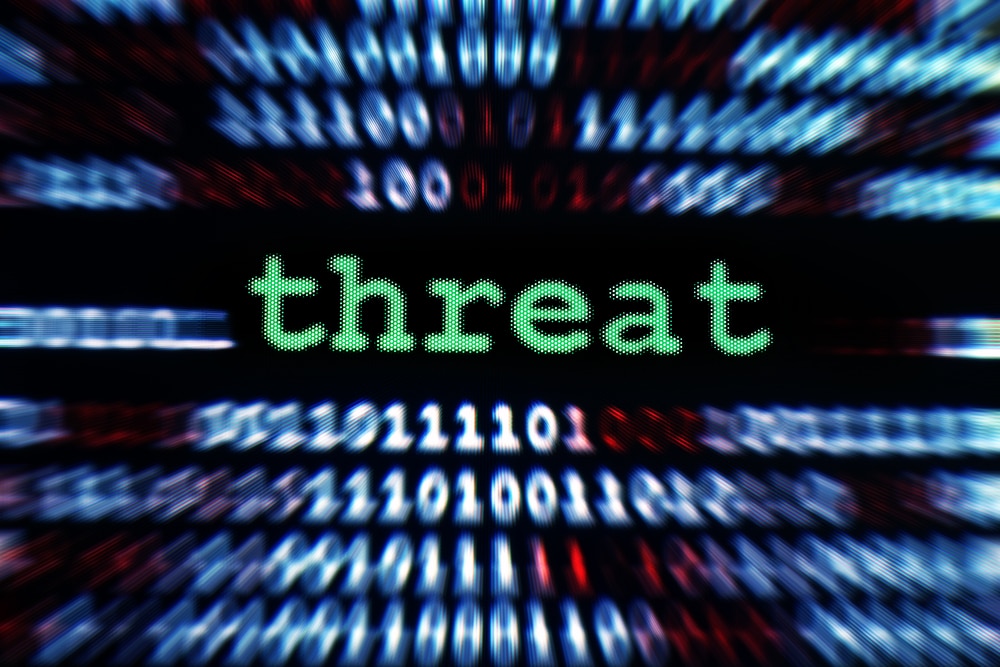
The cyber threats and trends that will dominate going into 2023
It might still be a bit early to begin thinking about next year, but new research from Intel 471 analyzes recent and commonly used tactics, techniques and procedures (TTPs) that have been adopted by prominent threat actors.
It also looks at how these threats have affected enterprises, along with predictive intelligence assessments on threats that organizations should be prepared to thwart over the next year.

How the Ukraine-Russia conflict affects international remote employment
Russia invading Ukraine is just the latest large-scale crisis and source of consternation on the world stage. The effects of a lingering pandemic, decimated economies and the threat of spiraling global war add up to a fraught situation for employees, recruiters, managers and business leaders.
This is a brief look at how the Ukraine-Russia conflict is affecting the stability, availability, culture and safety of international remote employment.
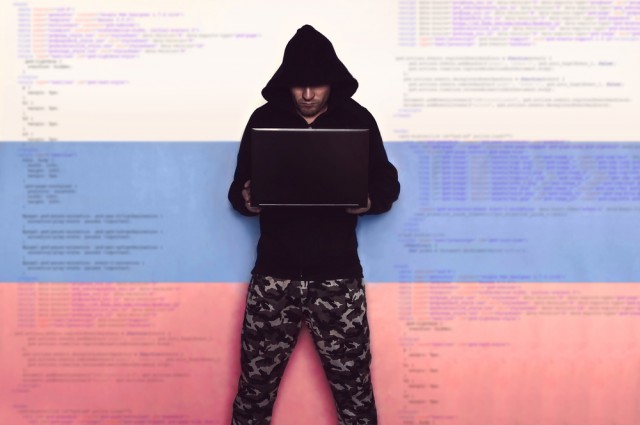
Over 3.5 million Russian internet users suffer breached accounts
It's hard not to feel just a little bit sorry for the Russians at the moment. First the Ukrainians keep blowing up their tanks, and now it seems the country has topped the charts in terms of breached accounts from January to March this year.
A study by Surfshark shows that since the start of the invasion of Ukraine in March, 136 percent more Russian accounts have been breached than in February. Ukraine meanwhile appeared in 67 percent fewer breaches than in the quarter before the war.

How to quickly end the war in Ukraine -- deploy $10 laser pointers
President Zelenskyy of Ukraine is begging NATO for a no-fly zone they can’t risk providing. So I came up with another solution -- $10 laser pointers.
Buy 100,000 laser pointers and give them to Ukrainian mothers (not kids -- too dangerous). Even the puniest lockable laser pointer (notice the keys?) can temporarily blind a pilot at a distance of more than a mile, so what will 100 non-puny laser pointers do to the same aircraft? It would not only create an effective no-fly zone, it might kill hundreds of Russian pilots before they figure it out.
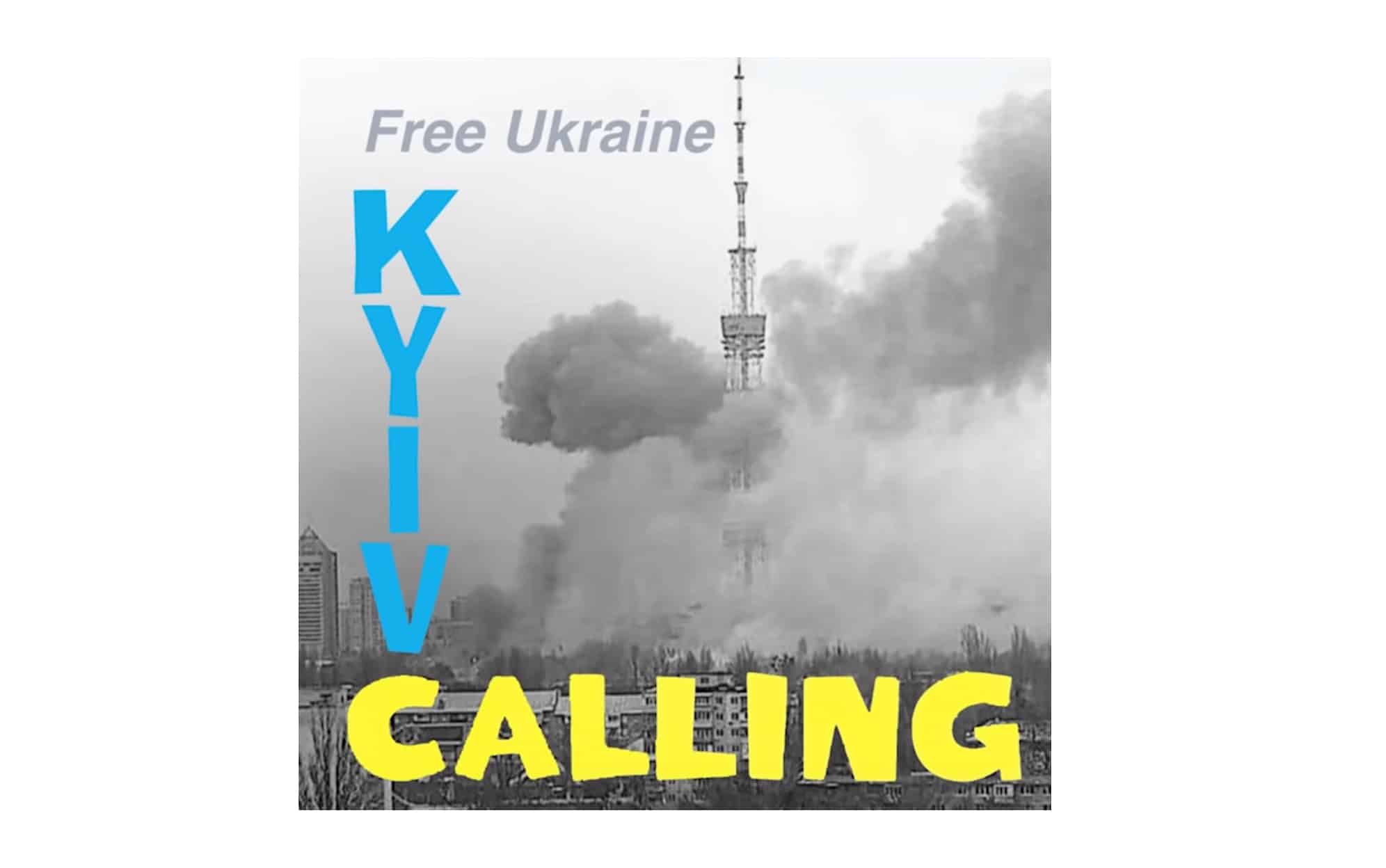
'Kyiv Calling': Ukrainian punk band turns to The Clash and YouTube to help its country
For the past month, I have been updating a story on the Russia-Ukraine war from a tech perspective, covering the many online entities being blocked by Russia and the ways groups like Anonymous have been feverishly working to cause Putin, his government, and the Russian military as many headaches as it can. I've even looked at the ways that have sprung up to track things like weapons and Oligarch private jets. Those updates are officially over now, as the number passed twenty, and the page became too much to reasonably expect a person to scroll.
The end of the daily updates does not, unfortunately, mean an end to war and the deaths and displacements it is causing. So, we'll continue to bring you the important news as it happens.
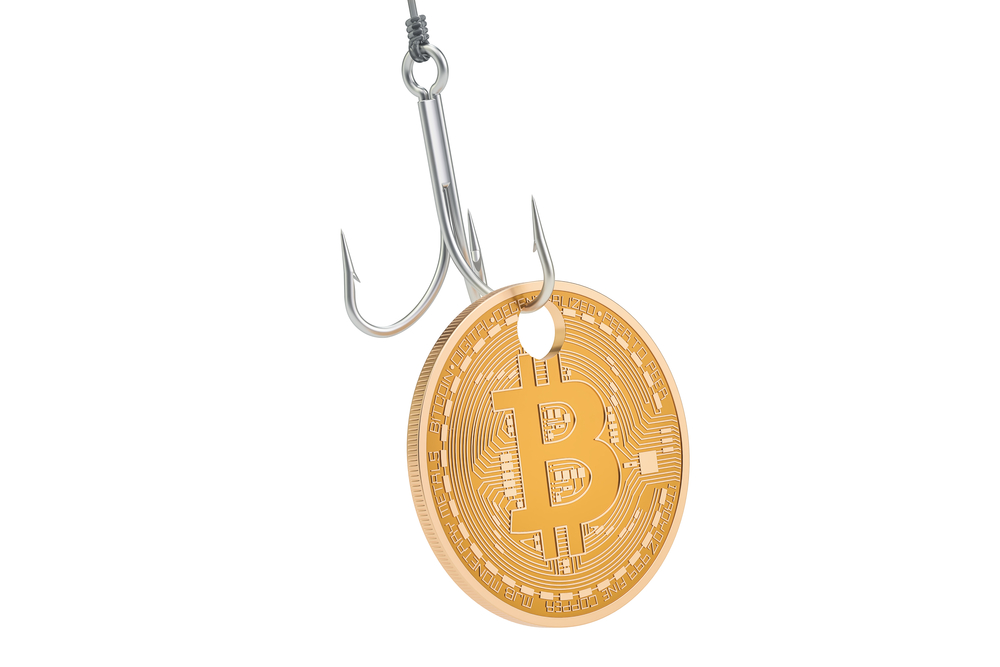
Cybercriminals impersonate Ukraine aid organizations in crypto phishing scams
It never takes long for threat actors to jump on a bandwagon and the Ukraine conflict is the latest event to prompt a wave of cryptocurrency phishing emails.
A new report of February's attack vectors from managed detection and response company Expel shows attempts to impersonate legitimate aid organizations to exploit people's desire to support refugees and victims with donations.

Ukraine detains a 'hacker' who allegedly was helping the Russians communicate
In the days since Russia invaded Ukraine, to nobody’s surprise, there’s been almost non-stop news. A surprising amount of it has centered around tech. Anonymous made an appearance early-on, even before a single sanction had been instituted.
We are keeping track of all the tech news from the conflict, or trying our best, with updates at least once a day from multiple sources. You can follow it all here.

Hard truths from Ukraine: The government cannot save us in cyberwar
Amid our first global, multilateral, wholly unpredictable cyberwar, it is up to each of us to defend ourselves. No intelligence agency is certain how the cyber dimension of the Ukraine conflict will evolve; no military can stop a cyberattack. The situation catapults every digital organization into unknown territory.
If you think the battles on air, land and sea so far have defied expectations, consider the parallel cyber conflict. Three sober truths make this a perilous moment for us all -- especially as the Russian army’s logistical setbacks may make heightened cyber aggression against private interests more enticing.
